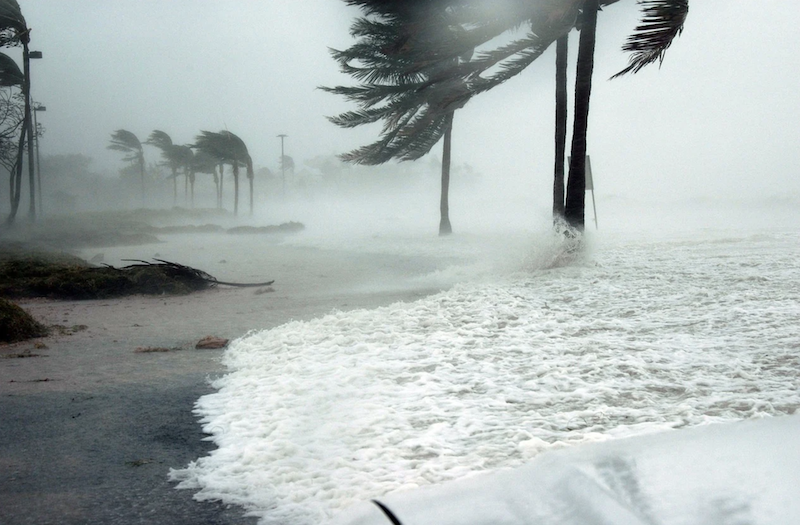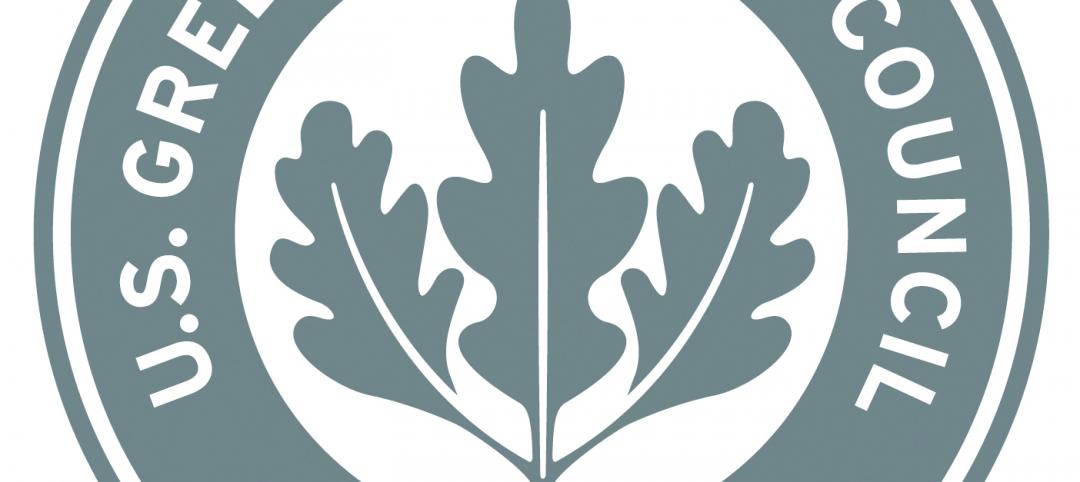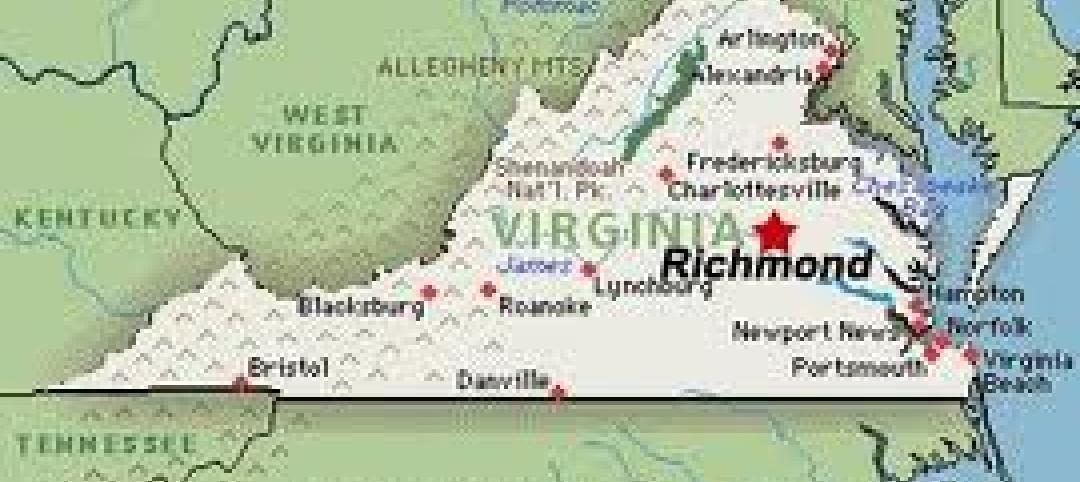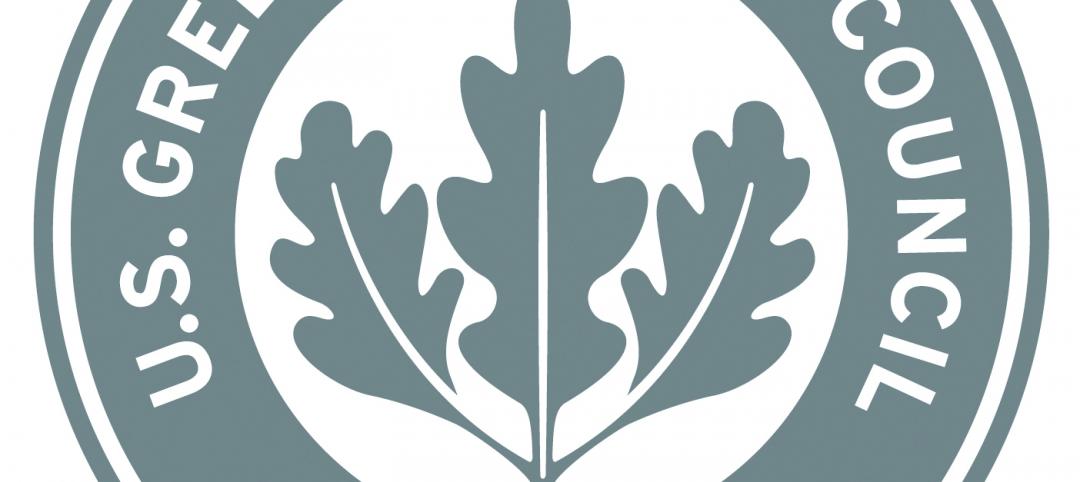Preservation of Affordable Housing (POAH) has developed its own strategy to protect its 120 properties from the negative impacts of severe weather events.
A new policy ensures that there is backup power for an “area of refuge” that is typically the community space and management offices on the first floor. These spaces allow residents to gather comfortably in an area with heating or cooling and ventilation, hot and cold water, power outlets, and refrigeration for medication.
POAH makes this allowance when replacing a generator on existing buildings and when it constructs new housing. Previously, when generators were installed, they were typically limited to supplying certain code-required items such as hallway lighting, life-safety systems, and elevators.
POAH has also been incorporating passive house design into new construction projects and is pursuing deep energy retrofits at most rehab projects. “Making the enclosure air-tight and adding continuous insulation can create a stable interior temperature, allowing residents to stay housed in power outages during winter and summer months for days at a time,” the organization says in a news release.
Related Stories
| Feb 23, 2012
Federal budget cuts put major building projects on hold
A plan to build the National Bio and Agro-Defense Facility in Kansas is among several major building projects in jeopardy after the Obama administration’s 2013 budget was unveiled. The budget would cut all construction spending for the facility.
| Feb 23, 2012
Federal agencies fixed on leasing LEED-certified space
The federal government is especially focused on renting LEED-certified spaces.
| Feb 23, 2012
Regulators investigating construction accident at World Trade Center
The New York Port Authority and the city’s fire and building departments are investigating an accident at the World Trade Center construction site in lower Manhattan after a crane dropped steel beams that fell about 40 stories onto the truck that delivered them.
| Feb 23, 2012
New Virginia statewide building code goes into effect March 1
After March 1, all building plans in Virginia must adhere to the 2009 code that was adopted a year ago.
| Feb 23, 2012
Privatizing flood insurance could lead to new code requirements
One thing that could pave the way toward private flood insurance would be NFIP reforms, like requiring new construction in flood-prone areas to be elevated.
| Feb 22, 2012
ACI BIM manual for cast-in-place concrete in development
The improved communication, coordination, and collaboration afforded by BIM implementation have already been shown to save time and money in projects.
| Feb 20, 2012
Comment period for update to USGBC's LEED Green Building Program now open
This third draft of LEED has been refined to address technical stringency and rigor, measurement and performance tools, and an enhanced user experience.
| Feb 20, 2012
GAF introduces web portal for architects and specifiers
The new portal offers a clean look with minimal clutter to make it easier to find the technical information and product data that architects need.















